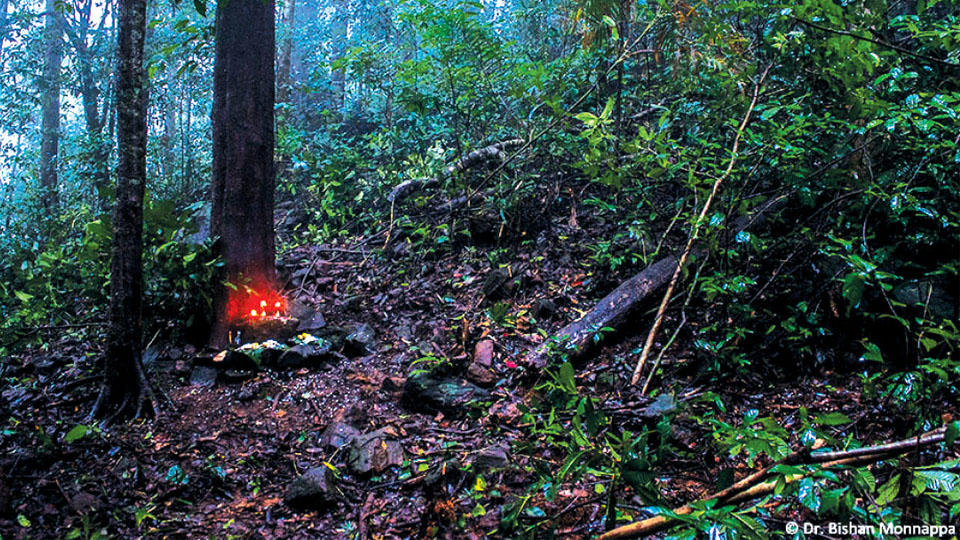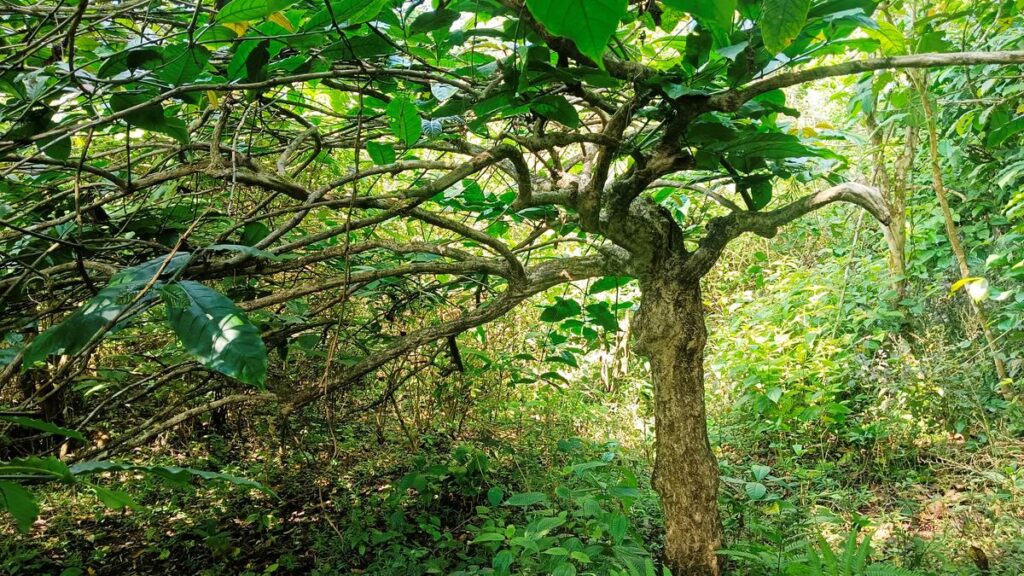Money paid from 2016-19, later two tried to alienate property gifted by petitioner to them

Karnataka High court. (File Photo)
Bengaluru :
The High Court of Karnataka has come to the rescue of an 85-year-old woman from Kodagu by ordering her son and granddaughter to pay her an annual maintenance of Rs 7 lakh each.
Justice M Nagaprasanna directed that the maintenance amount be paid to petitioner Apparanda Shanthi Bopanna by her third son AB Ganapathy and her late first son’s daughter Pooja, residents of Bengaluru.
Shanthi Bopanna had questioned the deputy commissioner’s order of March 22, 2022, under the Maintenance and Welfare of Parents and Senior Citizens Act.
“The order of the DC, which directs payment of maintenance to the petitioner, is sustained with a modification that the son and granddaughter would be entitled to enjoy the fruits of gift deeds executed by the petitioner, subject to the condition that they would pay her maintenance of Rs 7 lakh each every year till her lifetime,” the court said, while noting that the petitioner is not in a position to take care of her property after cancellation of the gift deeds.
Shanthi Bopanna, who is a resident of Heroor in Virajpet taluk of Kodagu district, owned 48 acres of coffee estate and was residing in the ancestral house of her husband. Of the 48 acres of estate, her eldest son AB Biddappa took possession of 24 acres.
In 2016, she executed gift deeds in respect of 24 acres in favour of Ganapathy and Pooja, 11 acres each, on the assurance that they would pay her Rs 7 lakh each every year as maintenance. Ganapathy and Pooja paid Rs 7 lakh each to Shanthi Bopanna only till 2019.
After learning that Ganapathy and Pooja were making attempts to alienate the property, Shanthi Bopanna initiated legal proceedings before the assistant commissioner, who cancelled the gift deeds in 2021.
Later, Ganapathy and Pooja approached the deputy commissioner, who set aside the assistant commissioner’s order, stating that nowhere in the gift deeds it is mentioned that the donees would take care of the donor. But the DC directed them to provide amenities and other help along with maintenance amount being paid annually to Shanthi Bopanna till her lifetime.
Ganapathy and Pooja contended before the high court that they will pay Shanthi Bopanna only Rs 10,000 as per Section 24 of the Act or even Rs 25,000 a month and not Rs 7 lakh each every year.
source: http://www.newindianexpress.com / The New Indian Express / Home> Karnataka / by Express News Service / January 28th, 2024












